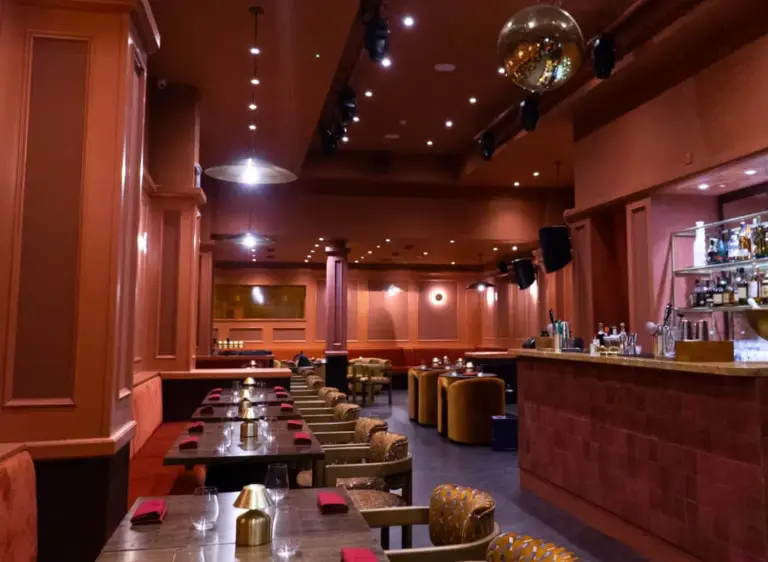When Osazua “Bazu” Bazuaye opened Shakara in the United Kingdom, it wasn’t just about serving food—it was about exporting a culture. For the Nigerian-born investor and hospitality veteran, the restaurant represents the intersection of passion, identity, and global ambition.
Bazu’s journey began in Benin City, Edo State, where he was born, later studying Economics at Edo State University before furthering his education in London. Over the past two decades, his footprint stretched from Benin to Abuja, from Lagos to Europe, shaping his career in the food and beverage industry. Now, he is using that experience to position Nigerian dining as an international force.
“The excitement of expanding to Europe is matched only by the responsibility,” he explained. “This is not just business—it’s about showcasing Nigeria’s hospitality and culture at the highest level.”
Since its UK launch, Shakara has become more than a restaurant. It has evolved into a cultural hub, where food meets music and storytelling. Diners are not only eating jollof rice or suya—they are discovering the rhythm, energy, and warmth of Nigerian life. The feedback has been emphatic. “Every month, we keep growing,” Bazu said. “People are curious, eager, and happy to experience Nigerian culture. It has been a positive response all around.”
Part of that success is anchored in the Nigerian and African diaspora, which has created fertile ground for Shakara’s reception. At the same time, the continent’s young population is fueling global curiosity about African traditions and flavors. Bazu sees this as the beginning of something bigger.
“Europe is a springboard, not the destination,” he noted. “The long-term vision is to establish Shakara as a global brand—one that carries Nigerian food and hospitality into every corner of the world.”
For now, Shakara is firmly planting its roots in the UK, but its founder’s ambitions extend much further. As Bazu puts it, “We want Nigerians and Africans everywhere to keep supporting us, because this is bigger than a restaurant. It’s about taking our culture to the world.”

